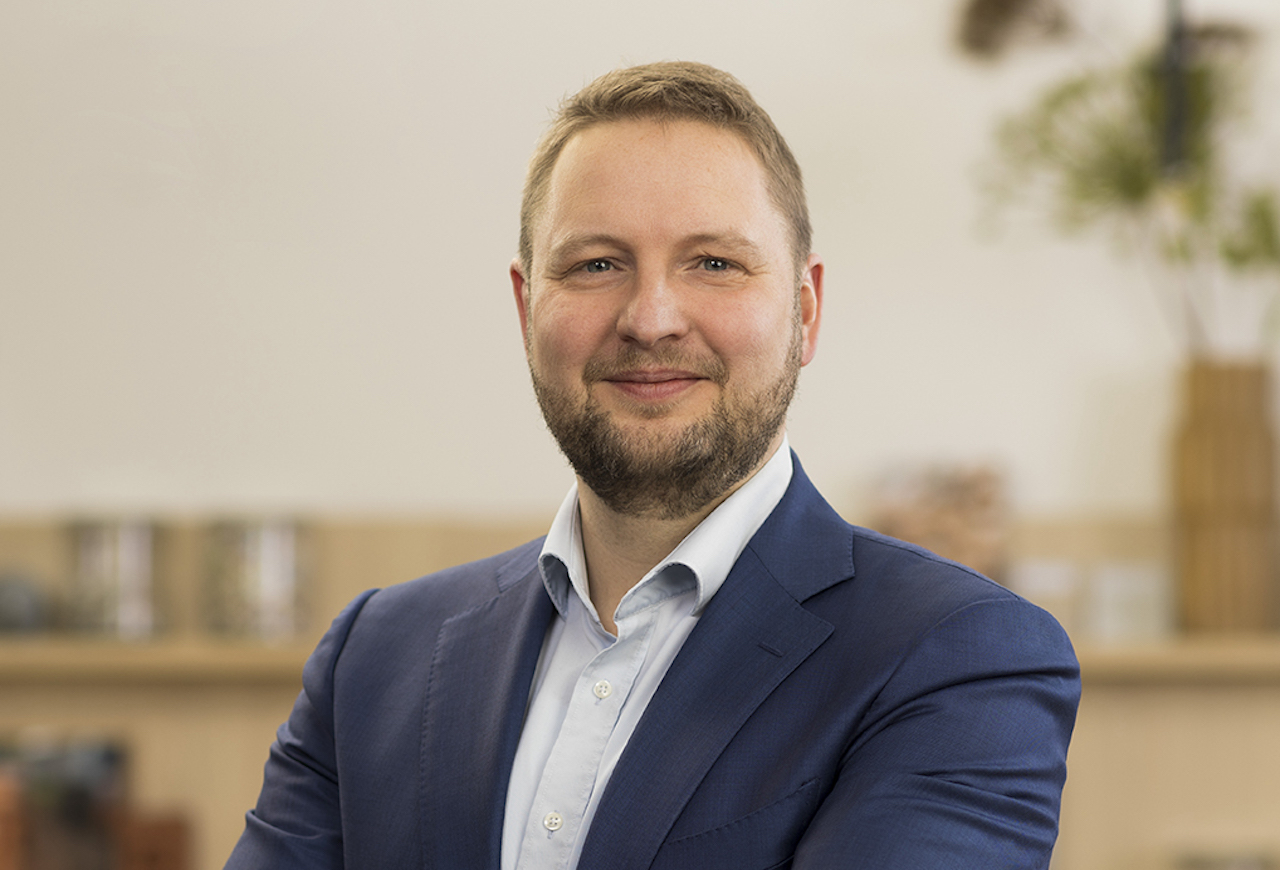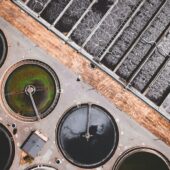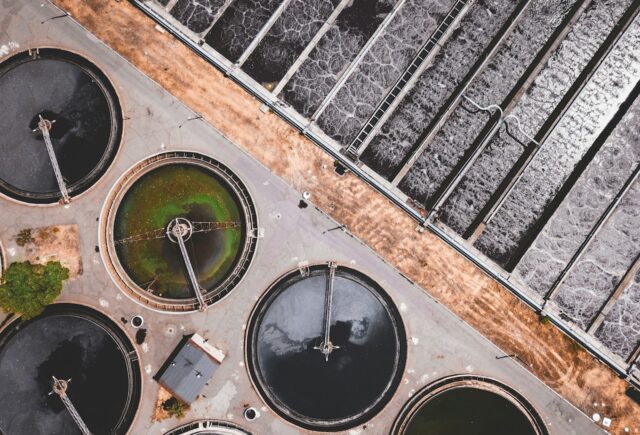An impact fund launched in early 2022 to target Dutch circular economy projects that require patient capital has attracted new participants, including two insurers.

Hilversum-based impact investor Polestar Capital has unveiled four new investors in the Polestar Capital Circular Debt Fund (PCDF), a fund that seeks to speed up the transition to a circular economy in the Netherlands, which it launched in February 2022. Their contributions will bring the fund’s size to €187m.
The four new backers are Dutch state investor Invest-NL and Dutch insurers Onderlinge s-‘Gravenhage and De Hoop, all of which have already made their investments, plus the Dutch Province of Limburg, which has made a decision to invest but has yet to formalise its participation.
This is the first new investment since the fund was launched with a €100m anchor investment from Dutch pension fund Pensioenfonds Detailhandel. Polestar said at the time it wanted to expand the fund, which it describes as the largest of its type in Europe, to €400m within its first year.
Jan-Willem König, director of Polestar Capital, said the addition of the latest injection of funding targeting circular economy projects was badly needed, given the sector’s investment profile, which can deter other potential investors such as venture capitalists.
“The circular companies that the PCDF finances are capital intensive and take time to realise positive cashflows. This means they require relatively large sums of patient capital. Unfortunately, we don’t have the luxury to be patient in scaling sustainable circular technologies, as we need to reduce our emissions and pollution rather sooner than later,” he said.
The fund aims to finance around 30 projects, helping to drive efforts to meet the Dutch government’s target of creating “a completely circular economy” in the country by 2050 through recycling, re-use of products and materials, and replacement of fossil fuels. Further to the overall 2050 target, which was announced in 2016, the Netherlands is also targeting a 50% reduction in consumption of primary raw materials by 2030.
Henk Groot, chief investment officer at anchor investor Pensioenfonds Detailhandel, said the arrival of the new investors showed “how ground-breaking this fund is”.
“Everyone realizes how important it is to make the transition to a circular economy, these new investors help to make sure that this is not just a goal, but a work-in-progress,” he said.
There is still a lot of work to do if the Netherlands is to hit its ambitious targets and provide a blueprint for the circular economy that will inspire others.
In February, Statistics Netherlands, the Dutch national statistical office, said that research it contributed to on progress towards creating a circular economy showed 13% of all natural resources deployed in the Dutch economy in 2020 consisted of recycled materials – virtually the same share as in 2014. “In terms of recycling, the circularity of the Dutch economy has barely increased,” it said.






